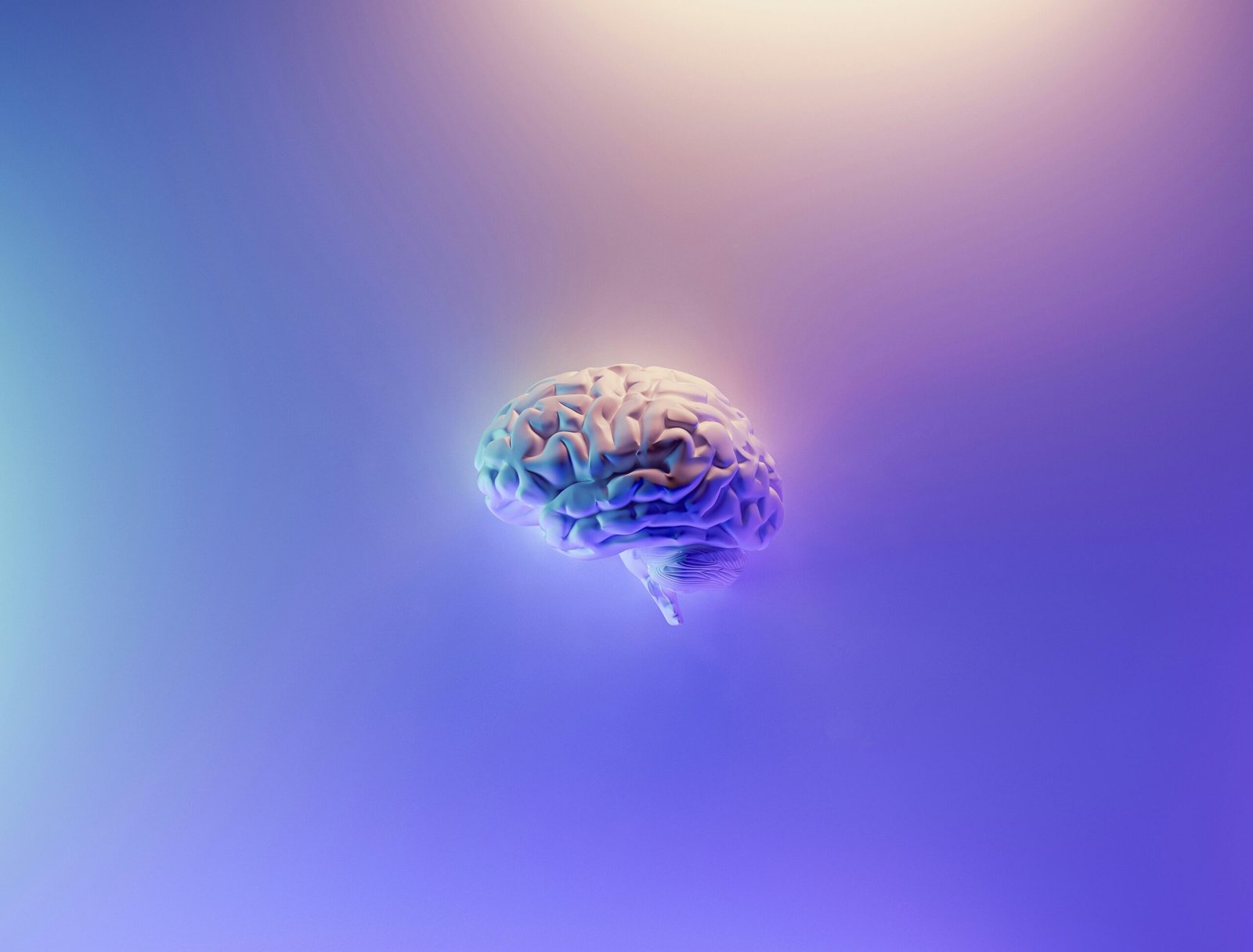Green Tea Extract: A Guide to Uses and Scientific Evidence
What is Green Tea Extract?
Green Tea Extract is derived from the leaves of the Camellia sinensis plant. It contains high levels of polyphenols, particularly catechins, which are believed to be responsible for its potential health benefits.
Uses of Green Tea Extract
Green Tea Extract is commonly used as a dietary supplement for various purposes, including:
- Antioxidant support
- Weight management
- Supporting cardiovascular health
- Improving cognitive function
- Promoting healthy skin
Scientific Support for its Uses
Research suggests that Green Tea Extract possesses potent antioxidant properties due to its high content of catechins, particularly epigallocatechin gallate (EGCG). These antioxidants help neutralize free radicals, reducing oxidative stress and inflammation in the body[1].
Furthermore, Green Tea Extract has been studied for its potential role in weight management. Catechins, particularly EGCG, are believed to increase thermogenesis and fat oxidation, leading to increased energy expenditure and potentially aiding in weight loss[2].
Moreover, Green Tea Extract may support cardiovascular health by improving lipid profiles, reducing LDL cholesterol levels, and increasing HDL cholesterol levels. The catechins in Green Tea Extract may also promote vasodilation, leading to improved blood flow and reduced risk of cardiovascular diseases[3].
Additionally, some studies suggest that Green Tea Extract may improve cognitive function and promote healthy skin due to its antioxidant and anti-inflammatory properties[4][5].
Health Concerns
While Green Tea Extract is generally considered safe for most people when taken at recommended dosages, there are some potential health concerns to consider. Green Tea Extract contains caffeine, which can cause side effects such as insomnia, anxiety, and gastrointestinal discomfort in sensitive individuals. Additionally, high doses of Green Tea Extract may lead to liver toxicity, particularly when consumed in supplement form. Individuals with liver conditions, pregnant or breastfeeding women, and those taking medications should consult with a healthcare professional before using Green Tea Extract.
Recommended Standardization or Dosage
Green Tea Extract supplements should be standardized to contain a specific concentration of catechins, particularly EGCG, typically ranging from 50% to 95%. As for dosage, the recommended amount varies depending on the specific product and individual factors such as age, weight, and health status. However, typical dosages range from 250 mg to 500 mg per day, taken with meals.
References
- Chacko SM, Thambi PT, Kuttan R, Nishigaki I. Beneficial effects of green tea: a literature review. *Chin Med*. 2010;5:13. doi:10.1186/1749-8546-5-13
- Westerterp-Plantenga MS, Lejeune MP, Kovacs EM. Body weight loss and weight maintenance in relation to habitual caffeine intake and green tea supplementation. *Obes Res*. 2005;13(7):1195-1204. doi:10.1038/oby.2005.142
- Kuriyama S, Shimazu T, Ohmori K, et al. Green tea consumption and mortality due to cardiovascular disease, cancer, and all causes in Japan: the Ohsaki study. *JAMA*. 2006;296(10):1255-1265. doi:10.1001/jama.296.10.1255
- Ide K, Yamada H, Takuma N, et al. Green tea consumption affects cognitive dysfunction in the elderly: a pilot study. *Nutrients*. 2014;6(10):4032-4042. doi:10.3390/nu6104032
- Dwyer J, Katherine Feinleib M, Anne-Louise Ponsonby M, et al. Factors affecting successful aging in women: findings from the Australian Longitudinal Study on Women’s Health. *Am J Public Health*. 2001;91(4):664-668. doi:10.2105/ajph.91.4.664
Conclusion
Green Tea Extract, with its high content of catechins, particularly EGCG, offers potential benefits for antioxidant support, weight management, cardiovascular health, cognitive function, and skin health. While research suggests promising effects, individuals should be aware of potential health concerns related to caffeine and consult with a healthcare professional before using Green Tea Extract supplements, especially if they have underlying health conditions or are taking medications.



